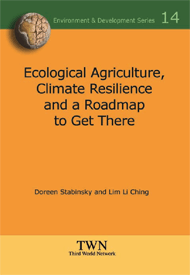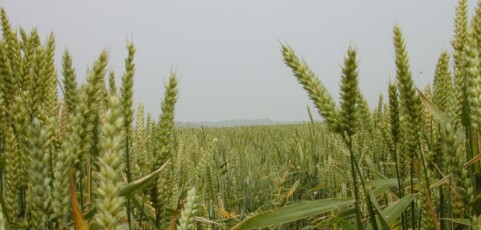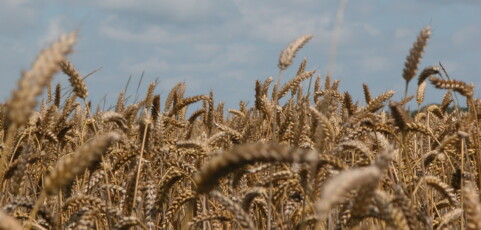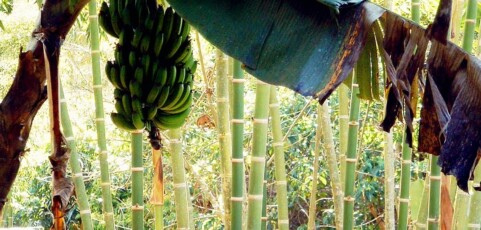The scourge of “hidden hunger” or micronutrient deficiency affects around two billion people worldwide who lack adequate intake of vitamins and minerals in their diet. While several international and regional initiatives are underway to combat malnutrition, and specifically micronutrient deficiency, these have largely focused on the approaches of nutrient supplementation and food fortification at the expense of dietary diversification, considered the most durable solution to hidden hunger. Read more
Ecological Agriculture Climate Resilience and a Roadmap to Get There
This paper looks at how ecological agriculture can strengthen farmers’ capacity to adapt to climate change. Accordingly, the authors call for a reorientation of policy, funding and research priorities from the dominant industrial agriculture model to ecological agriculture.
Ecological Agriculture Climate Resilience and a Roadmap to Get There
This paper looks at how ecological agriculture can strengthen farmers’ capacity to adapt to climate change. Accordingly, the authors call for a reorientation of policy, funding and research priorities from the dominant industrial agriculture model to ecological agriculture.
The Rwenzori Experience
Environment and Development Series No. 15.
This booklet is a portrait of a unique participatory learning project involving farming communities in the Rwenzori region of Western Uganda. The project brought rural households together in ‘Farmer Family Learning Groups’ (FFLGs) with the aim of enhancing community food security.
This booklet looks at the guiding principles behind the project, how it has worked in practice, the successes achieved and the challenges faced.
Ecological Agriculture, Climate Resilience and a Roadmap to Get There
Environment and Development Series No. 14.
This paper looks at how ecological agriculture, by building healthy soils, cultivating biological diversity and improving water harvesting and management, can strengthen farmers’ capacity to adapt to climate change. Accordingly, the authors call for a reorientation of policy, funding and research priorities from the dominant industrial agriculture model to ecological agriculture.
The impact of Compost use on Crop Yelds in Tigray, Ethiopia (2000-2006)
The benefits deriving from the use of compost, including restoration of soil fertility, are well illustrated in this assessement. As a result of this successful approach is that between 2003 and 2006 grain yield for the region almost doubled from 714 to 1,354 thousand tonnes.
The Tigray experience: A success story in sustainable agriculture
The success story in Tigray is concerning the Project on Sustainable Development through Ecological Land Management by Some Rural Communities in Northern Ethiopia through a broad-based open-ended experiment by farmers and local experts able to favor the rehabilitation of the land and improved crop production. The papers also include a set of recommendations for a sustanaible agriculture.
Putting Farmers First in Sustainable Agriculture Practices
This paper describes key principles and approaches of sustainable agriculture, particularly at local community level, as a key alternative to GM crops and industrial agriculture systems. This is followed by an account of the successes of sustainable agri-culture practices in some parts of developing countries, illustrated by three case studies.






